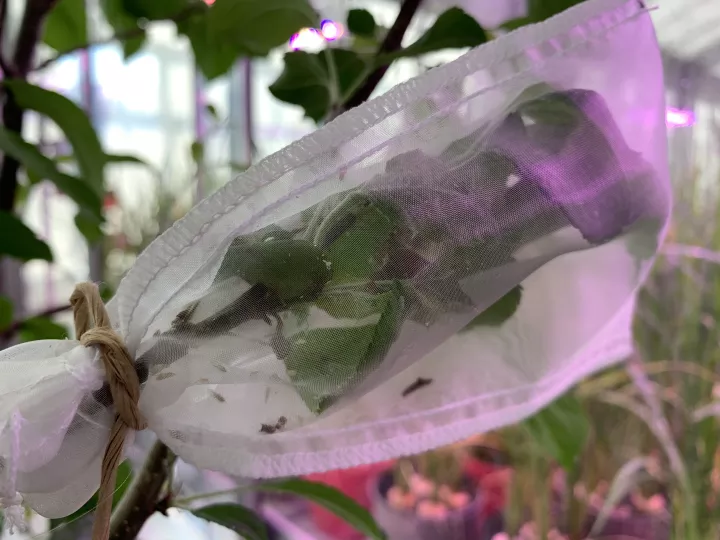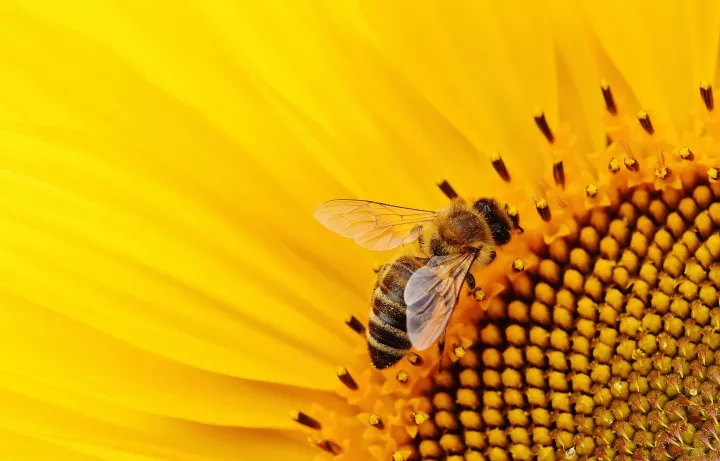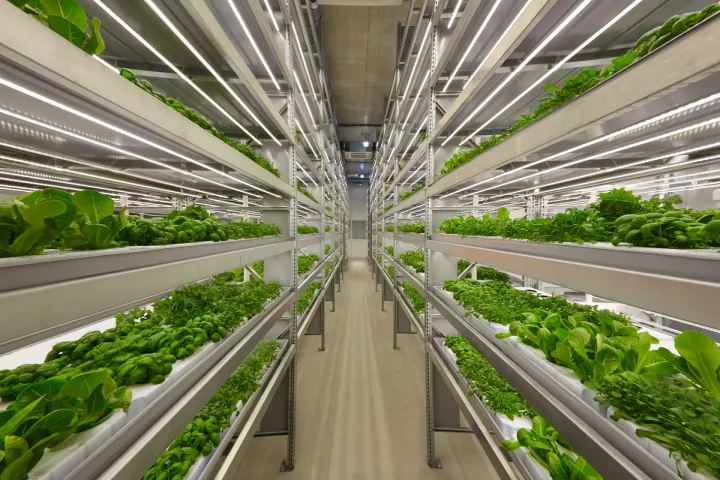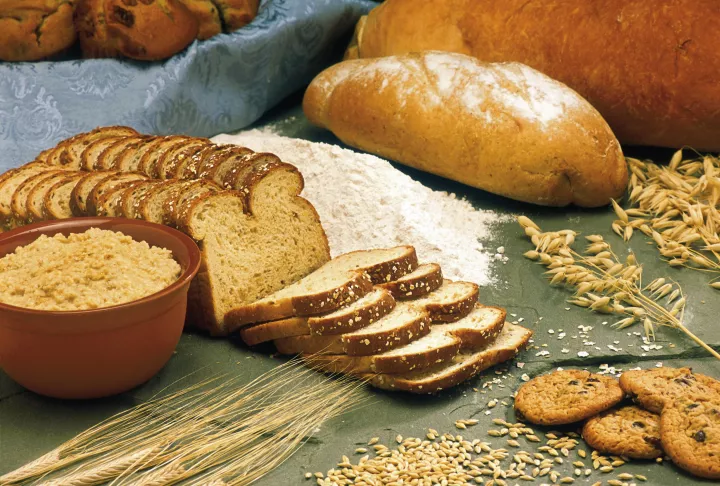Bio e Natura
PAUL KEENE, EARLY ORGANIC FARMER, DEAD AT 94
In a Associated Press interview, Keene said "food should be — is — the most important thing in life and one should be more concerned about what one eats than anything else."
21 maggio 2005 | C. S.
Paul K. Keene, a former missionary who founded one of the nation's oldest organic farms and proved that growing natural foods can be good business, has died. He was 94.
Keene's April 23 death at the Messiah Village Nursing Home, where he had lived for several years, was announced by his family.
The Yale-educated son of a minister, Keene ran his Walnut Acres Farm in Penns Creek, about 55 miles north of Harrisburg, for more than half a century until the business was sold in 2000.
Keene and his wife, Betty, borrowed $5,000 to buy their first 108 acres in the mid-1940s. They worked the land without tractors or electricity and grew crops without the man-made fertilizers and pesticides widely used by other farmers.
After the now-defunct New York Herald Tribune sampled Walnut Acres' first product — apple butter — and wrote a glowing review, the fledgling company saw a sharp increase in letters and visits from prospective customers.
By the late 1980s, Walnut Acres had grown into a $5 million-a-year business that covered 500 acres, employed 95 full-time staffers and yielded about 300 organic products that were sold worldwide, including preservative-free peanut butter, granolas and freshly ground, whole-grain flours. The employee-owned company also gave generously to philanthropic causes.
The couple were "missionaries at heart," one of their three daughters, Ruth Keene Anderson, said Wednesday. She helped run the business and still lives on the property, which the family now leases to an organic farmer.
The Walnut Acres Certified Organic brand was acquired in 2003 by The Hain Celestial Group, which also owns Celestial Seasonings teas, according to a Hain spokeswoman.
Keene held a master's degree in mathematics and once taught at New Jersey's Drew University, but his life changed during a stint as a missionary-teacher in India in the late 1930s.
There, Keene became involved in the Indian nationalist movement and met Mohandas Gandhi, who advised him to "give away everything you have," as he told The Associated Press in a 1988 interview. He also met his wife — a British missionary's daughter __ and they spent several years together at organic farming schools before buying the farm. She died in 1987.
In the AP interview, Keene said "food should be — is — the most important thing in life and one should be more concerned about what one eats than anything else."
"All joys and all outreach can only be appreciated if you're healthy and don't have to worry about your insides and your outsides," he said.
Origin: The Associated Press
Potrebbero interessarti
Bio e Natura
Parassiti del melo: approcci innovativi contro gli scopazzi

Nuovi progetti internazionali di ricerca volti a individuare alternative innovative e sostenibili nella lotta contro le malattie del melo. Necessario comprendere meglio il ruolo degli insetti vettori e dei batteri simbionti nella trasmissione di patogeni che causano gli scopazzi del melo
02 giugno 2025 | 13:00
Bio e Natura
I ronzii degli impollinatori portano le piante ad aumentare la loro produzione di nettare

I suoni delle api intorno alle piante porta ad aumentare il loro volume di zucchero e nettare e persino alterare la loro espressione genica che governa il trasporto dello zucchero e la produzione di nettari
26 maggio 2025 | 13:00
Bio e Natura
Azoto, fosforo e potassio per far resistere le piante alla siccità

Un nuovo studio internazionale ha rilevato che una fertilizzazione abbondante può aiutare le piante a sopravvivere a periodi a breve termine di estrema siccità
23 maggio 2025 | 10:00
Bio e Natura
Le potenzialità dell'agricoltura verticale per aumentare produzioni e ridurre l'impatto ambientale

Un gruppo di ricerca dell'Università di Monaco di Baviera ha studiato la coltivazione di sei gruppi alimentari in agricoltura verticale: colture orticole, alghe, funghi, insetti, pesce e carne coltivata
19 maggio 2025 | 11:00
Bio e Natura
Il sogno del grano senza glutine con il miglioramento genetico

Secondo un nuovo studio dell'Università di Davis è possibile eliminare un gruppo di geni nel grano per ridurre le allergie e le intolleranze al glutine senza danneggiare la panificazione
13 maggio 2025 | 15:00
Bio e Natura
Le api soffrono i cambiamenti climatici e l'uso intensivo del suolo

Gli insetti di diversi livelli trofici reagiscono in modo diverso alla combinazione di temperature più elevate e un uso più intensivo del suolo. Popolazione di api quasi dimezzata dagli anni ’70
12 maggio 2025 | 12:00







